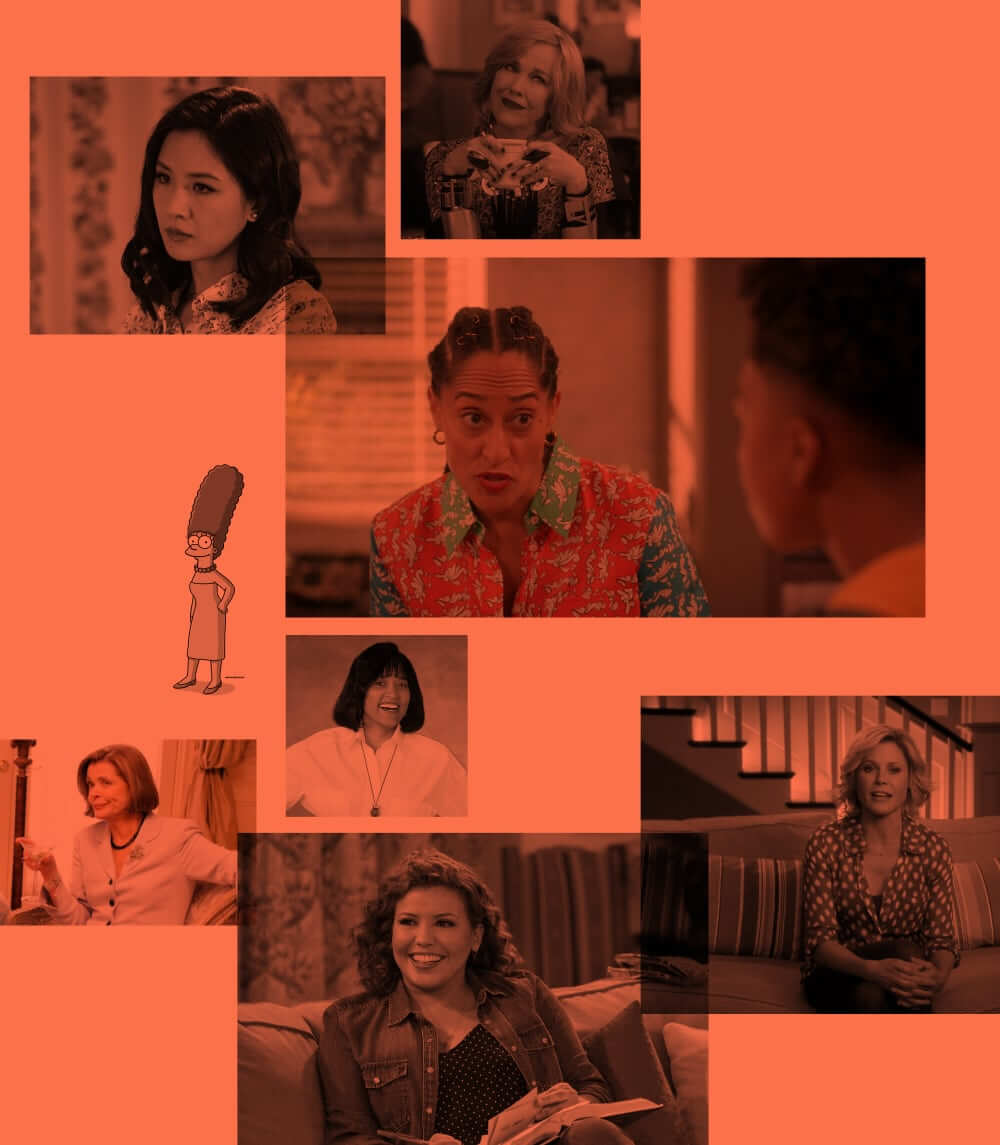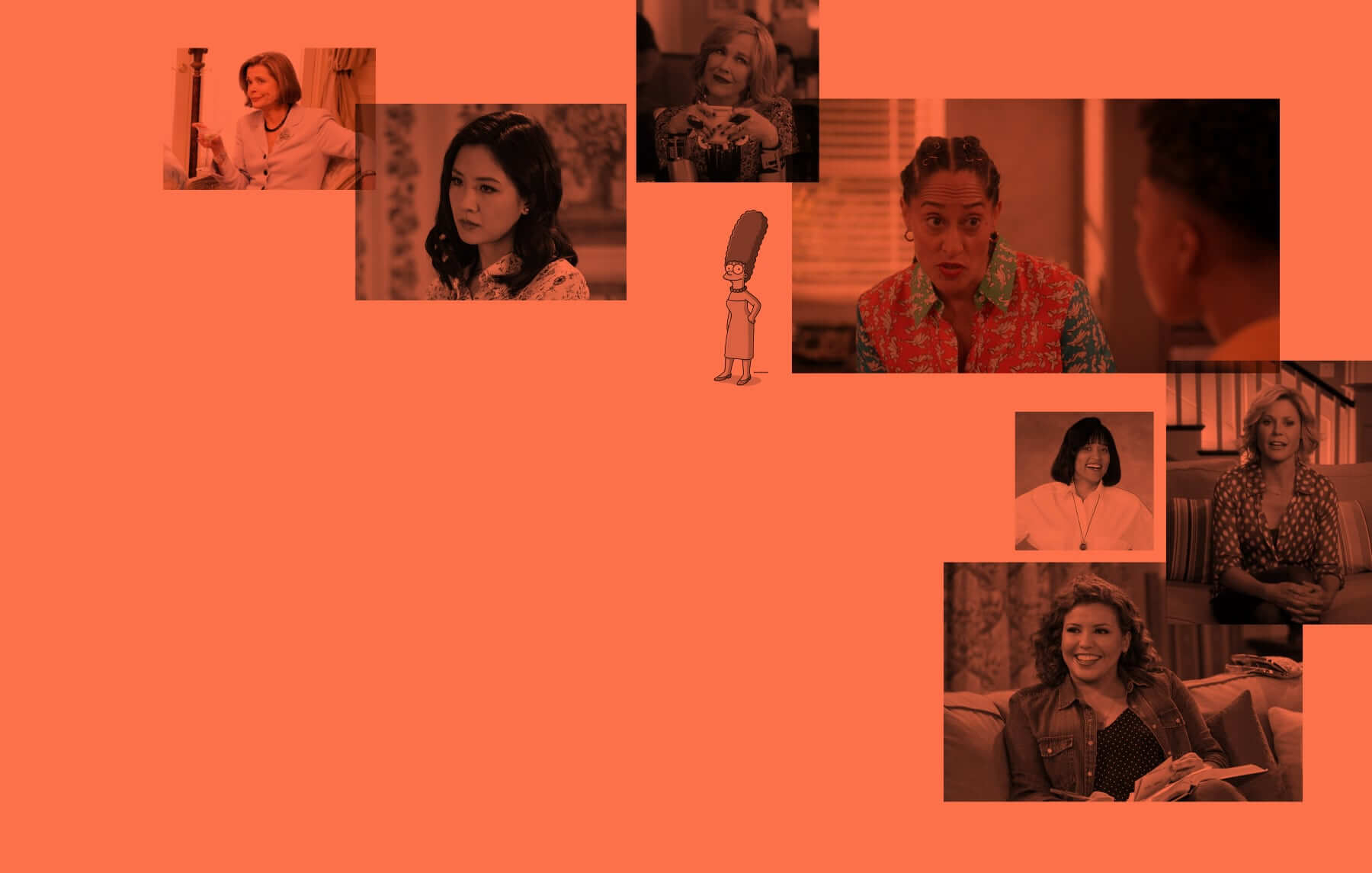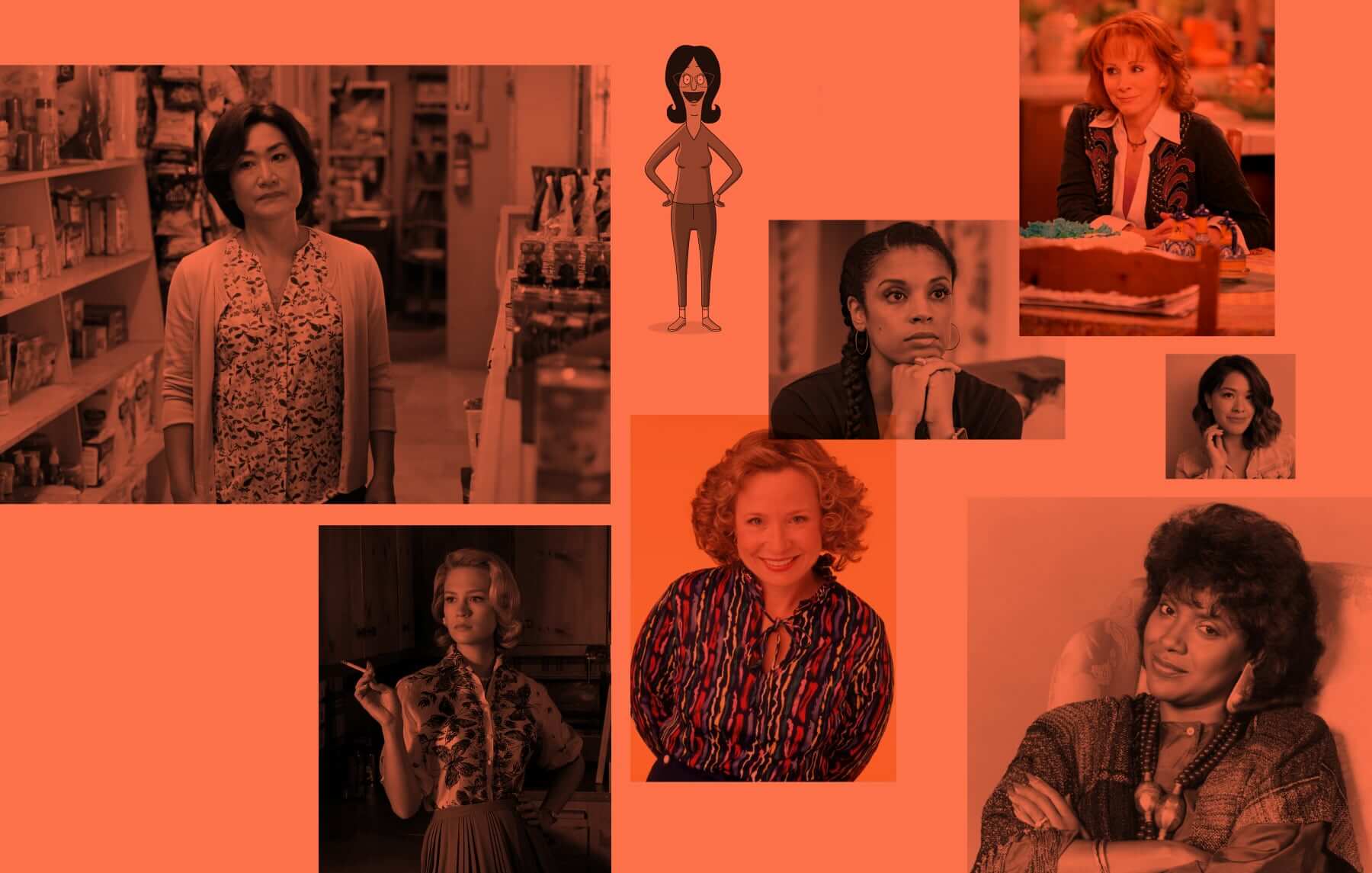The
Inside
Man
Have You Met Your Mother?


The
Inside
Man
Have You Met Your Mother?
Our resident life coach tackles common underlying mommy issues

Back in 2020, I wrote a piece about what men can do to repair their fractured relationships with their fathers. Dads tend to be the first parent men go to when they do inner work, simply because the father wound for most of us is so obvious: dad was missing, dad was angry, dad pushed us too hard ... In short, Dad tends to be low hanging fruit. And sometimes for good reason.
Moms, however, tend to be a different story. For the majority of us, Mom was very much there. And because of Dad's lack of consistent presence, we relied on her—she may have been the parent we cried to, the parent we confided in, the parent we trusted would always be there to support us. She could have also been the parent who yelled the loudest, saddled us with the most guilt, or who set the strictest household rules and held us to them.
Regardless of how Mom showed up, many of us wouldn't dare question her, or call her out on her shortcomings. She's Mom! Instead, we put her on a pedestal where she remains to this day, right next to the other time-honored staples like apple pie and baseball. It's precisely this tendency to hold Mom as a sort of Hallmark concept instead of seeing her for the flesh and blood woman she is (and was) that can create problems in our relationships with our female friends, colleagues, partners and daughters.
I had two moms actually—a biological mother and a stepmother. They had wildly different parenting styles. My stepmother was strict and demanding (Do it this way!), while my mother was sensitive and hands-off (You'll figure it out, son!). Since my dad wasn't around much, they were the key figures in my life and I created my personality around trying to keep them happy. I became, quite literally, a ladies man: I adapted to the women in my life as a means of survival.
What I've learned through coaching hundreds of men is that I'm far from unique. This is how most of us do it as boys—we learn to please Mom and the other women in our lives. Yet underneath our desire to satisfy women is a mother wound that needs addressing if we want to have loving, thriving relationships with the women in our lives.


Here’s a six-step process I’ve put together that outlines how to break free of our mother wounds and reset the pattern of how we relate to women:
1
The emotional or physical absence of the average Dad destroys a boy's chance of bonding with him, which means—for many of us—we go to Mom for guidance instead. She becomes our port in the storm, and this continues with other women and girls in our life. Add to that fact that most school teachers are women, and that boys don't get vulnerable with each other out of fear of being outed as weak, and you begin to see the full picture: A lot of us are going to women to get our needs met from day one.
2
Because Mom and other women are our rocks, the odds of us expressing anything but positive feelings towards them increases. Why would we want to cut off our lifelines by upsetting them? Instead we become “good boys”—and grow into men who define themselves through the eyes of women. Some of us even become the safe “husbands” our mothers wished our fathers could have been. This is particularly common with single mothers of divorces, and in alcoholic or addictive homes where the father is absent and the son becomes a sort of surrogate partner or “the man of the house”. Either way, we're receiving messages about what it means to be a man from women, which leads to confusion, shame, and self doubt. It can also lead to anger that we can't name or express.
3
Therapist and author Jed Diamond said recently in an interview that it took him two divorces to realize that he needed to work on his anger. For some of us, that wake up moment is yet another breakup that feels a lot like the many breakups we've been through before. Maybe our partner cheats, maybe we cheat. Maybe the fighting gets intense. Maybe we're not having sex or we avoid our partner through long hours at the office. Whatever it is, this is the point when we come out of denial about the fact that our romantic relationships are problematic and maybe we haven't dealt with our mother wounds.
4
All of us were attached to our mothers, both literally and figuratively. Therefore, we have to cut that umbilical cord. This used to happen ritually, in coming of age initiation ceremonies, but now happens rarely if at all.
One crucial step in cutting the proverbial cord is when we stop going to women (and our mothers) exclusively to get our emotional needs met. This can look like joining a men's group, getting a male therapist, or making a male friend or two who we can be vulnerable with, share our victories and defeats, and express at-times uncomfortable emotions like anger and sadness with. This was a big one for me personally. For years, my mother would be my first phone call after a breakup, or when I was struggling with a girlfriend. This dynamic kept me in a sort of perpetual childhood. But once I found men to talk openly with about my feelings, I found I was able to have healthier relationships and intimacy with the women in my life.
Cutting the cord can also look like being able to acknowledge our mom's dark side. John Lee, psychotherapist and author of Breaking the Mother-Son Dynamic, calls this “seeing the witch”. Lee writes that until we've acknowledged the witch in our mother, we'll either project it onto our partners, or completely deny its existence and get steamrolled by women who treat us badly, perpetuating the mother wound even further. (An important note here: seeing the witch doesn't mean blaming our mother for all our problems, or holding a grudge forever. It just means that until we see our mother as a whole human—both gifts and flaws—we'll have a hard time seeing the wholeness of any woman.)
Sometimes calling up your mother and having a frank conversation about who you are as a man is a crucial step in the cord cutting process, too. I had a client do this recently. He grew up very religious and told his mother—in a caring and compassionate way—that he was no longer interested in the church materials she'd send him. Another client showed his mother the many tattoos he'd been hiding from her through the years. A good rule of thumb: Whatever we're afraid to be, say, or do in front of our mothers, we'll be afraid to be, say, or do in the world, too. So there's no difference in claiming our true selves with Mom as there is with being that authentic version of ourselves in the world and with our partners, lovers and friends.
Ultimately, the goal with “cutting the cord” is to end the dynamic that keeps us in a boy-like state, in deference to our mother, and afraid of her's (and other women's) feelings. This is not an optimal place to do a relationship from, yet so many of us do. We get defensive, scared, and overwhelmed in the face of strong feminine feeling.
5
One secret to quality relationships is cultivating what one of my coaches Bryan Reeves calls healthy fire, which includes expressing anger appropriately. When we have a backlog of unexpressed mother or father rage from the past, fights tend to turn ugly. But expressing anger constructively, is life giving, and a healthy part of intimacy.
For some guys, building healthy fire gets done in the gym, throwing around weights, or on the mat in combat sports like jiu jitsu or wrestling. For others, it's doing anger work with a therapist, or sawing boards in a workshop. Or maybe it's a healthy, above the belt fight that brings us closer to our partner or loved one. The point is to begin to love and integrate the healthy drive and masculinity that lives within each of us on a primal level. This fire provides polarity in our relationships (read: great sex) and is actually the life force we need to be courageous men in the world who can protect and serve the ones we love.
6
As I continued to dig into my relationship with my mother, I realized most of my anger towards her was because I expected her to prepare me for life in the ways my father didn't and couldn't. (He died when I was 22.) Tupac said it best: “For a woman it aint easy tryin' to raise a man.” Yet I believe many of us hold our mothers (and perhaps women in general) to this impossible standard and feel betrayed every time they can't live up to it.
The realization that we didn't get the support we wanted when we wanted it is a big part of letting go of our childhoods, and that's important for a grown man to do. Yes, it requires massive forgiveness for ourselves and for both of our parents. That's manhood. And as difficult as it can be at times, it's the key to maintaining healthy relationships that move beyond childhood projections into mature love, equality, and connection. I'm convinced that when one man does the work of owning and healing his mother wound, the sum total of compassion on this planet increases. And that's worth celebrating—on Mother's Day or otherwise.
Question?
You’ve now got a life coach at your disposal. Hit Sean up with any concern you’re currently struggling with: Trouble at work? Relationship worries, family struggles or general mental health concern? Let him help you tackle it each month in this column.

























